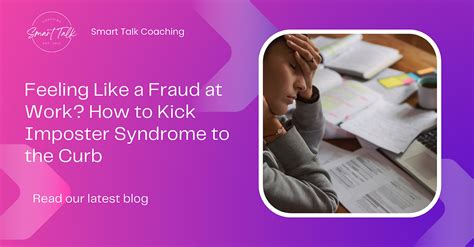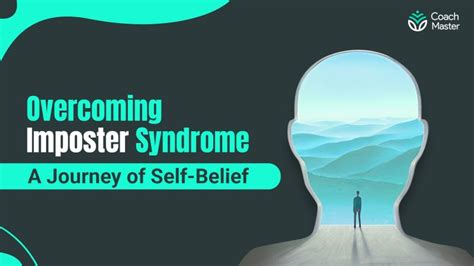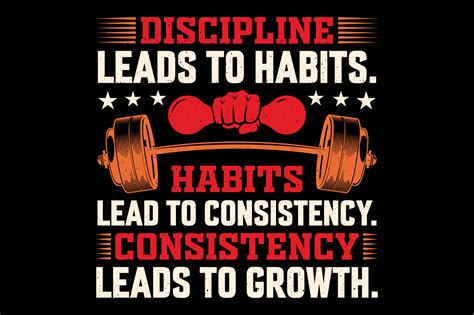That nagging feeling that you’re not good enough, that your successes are purely down to luck, or that any moment now, you’ll be exposed as a fraud – that’s the insidious whisper of imposter syndrome. It’s a pervasive psychological pattern where an individual doubts their accomplishments and has a persistent internalized fear of being exposed as a ‘fraud’. Despite external evidence of their competence, those with imposter syndrome remain convinced that they don’t deserve the success they have achieved.
Understanding the Imposter Phenomenon
Imposter syndrome isn’t a mental illness, but rather a common experience, particularly among high-achievers. It affects individuals across all professions, ages, and backgrounds, from entry-level employees to seasoned executives and celebrities. The core issue isn’t a lack of ability, but a distorted self-perception that minimizes one’s talents and amplifies perceived flaws.
The internal narrative often goes something like this: “I must have tricked everyone,” or “They just haven’t figured me out yet.” This constant internal battle can lead to chronic anxiety, burnout, and a reluctance to take on new challenges for fear of failure or exposure.

The Root: Limiting Beliefs
At the heart of imposter syndrome lies a set of deeply ingrained limiting beliefs. These aren’t just passing thoughts; they’re the foundational assumptions we hold about ourselves and the world around us, often formed in childhood or through significant life experiences. Common imposter beliefs include:
- “I am not truly intelligent/competent/talented.”
- “My success is due to external factors (luck, timing, charm) rather than my own merit.”
- “I must be perfect to be worthy.”
- “If I make a mistake, it proves I’m a fraud.”
- “Other people are naturally more capable than me.”
These beliefs act as filters, coloring how we interpret every success and failure, ensuring that the imposter narrative persists. To combat imposter syndrome effectively, we must identify and consciously shift these underlying beliefs.

Identifying Your Core Imposter Beliefs
The first step in any belief shift is awareness. When you feel the pang of imposter syndrome, pause and ask yourself: What specific belief is driving this feeling? Is it “I don’t belong here”? Or “They’ll realize I’m not smart enough”? Journaling can be a powerful tool for this self-discovery. Write down your thoughts and feelings without judgment, and look for recurring themes.
Strategies for a Belief Shift
1. Acknowledge and Externalize
Recognize that imposter syndrome is a common experience, not a personal failing. When the thoughts surface, label them: “Ah, there’s my imposter syndrome talking.” This helps to externalize the feeling, creating a distance between you and the belief, making it less powerful.
2. Gather Evidence of Competence
Actively challenge your imposter beliefs by collecting evidence of your abilities and accomplishments. Create a “brag file” or a “success journal” where you document positive feedback, achievements, skills mastered, and challenges overcome. Regularly review this evidence to counteract the internal narrative that diminishes your worth.

3. Embrace a Growth Mindset
Shift from a fixed mindset, where abilities are seen as static, to a growth mindset, where they can be developed through dedication and hard work. Instead of believing “I’m not smart enough,” reframe it as “I’m still learning and improving.” This perspective normalizes challenges and mistakes as opportunities for growth, rather than proof of inadequacy.
4. Reframe Your Inner Critic
Your inner critic often serves as the voice of your imposter beliefs. Instead of trying to silence it, acknowledge it and then consciously reframe its message. If your critic says, “You’re going to fail,” you can respond, “I might face challenges, but I’m capable of learning and adapting.” Replace self-doubt with self-compassion and realistic self-assessment.

5. Talk About It
One of the most powerful ways to combat imposter syndrome is to break the silence. Share your feelings with trusted mentors, colleagues, friends, or a therapist. You’ll often find that others share similar struggles, which can be incredibly validating and reduce feelings of isolation. Hearing others articulate their own imposter feelings can normalize your experience and provide new perspectives.
The Transformative Power of Belief Shift
Shifting your core beliefs isn’t an overnight process; it requires consistent effort, self-compassion, and practice. But the payoff is immense: genuine self-acceptance, increased confidence, and the freedom to pursue your goals without the constant fear of being ‘found out’. When you shift from believing “I’m an imposter” to “I am capable and worthy of my success,” you unlock your true potential and embrace your rightful place.

Your journey to combat imposter syndrome is a journey of self-discovery and empowerment. What belief will you choose to shift today?




